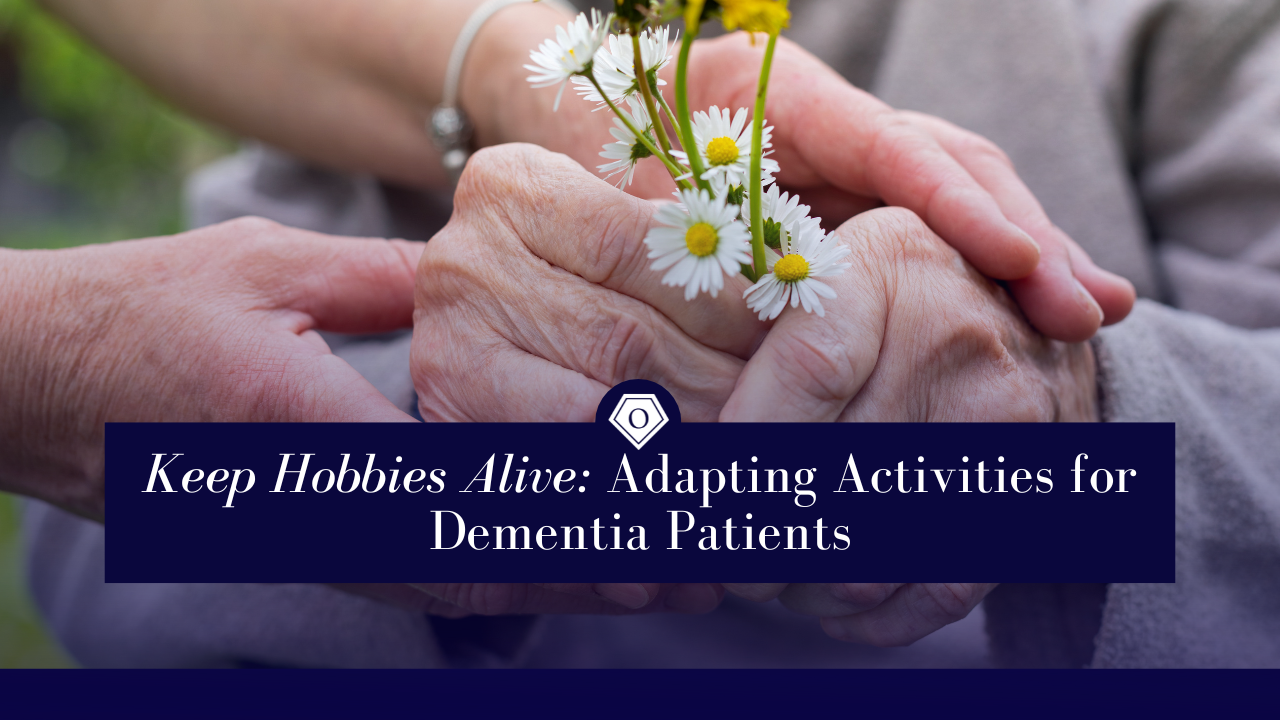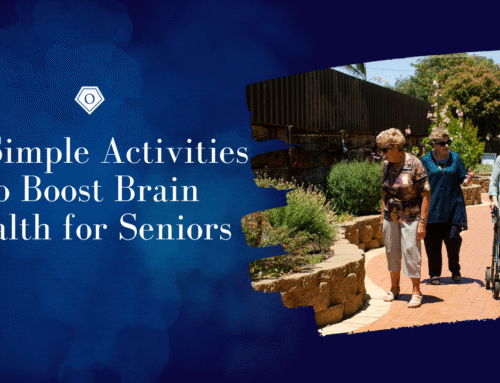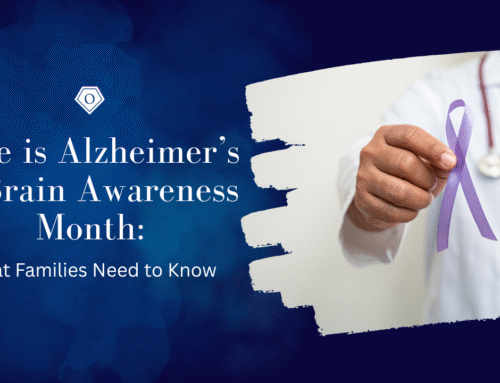Hobbies are more than just pastimes—they provide joy, purpose, and a sense of identity. For those living with dementia, maintaining favorite hobbies can be a way to stay connected to their interests and memories. However, as abilities change, it’s important to adapt these activities to make them enjoyable and safe.
Let’s explore how to keep hobbies alive for dementia patients, focusing on gardening, crafting, and more, while offering inspiration to caregivers.
Why Hobbies Matter for Dementia Patients
Engaging in hobbies can have numerous benefits for individuals with dementia, including:
-
Cognitive Stimulation: Keeping the brain active through familiar tasks.
-
Emotional Well-Being: Fostering joy and reducing feelings of frustration or isolation.
-
Sense of Purpose: Helping individuals feel valued and accomplished.
Let’s explore how to adapt some common hobbies to suit various stages of dementia.
Gardening: Connecting with Nature
Gardening can be a soothing and satisfying hobby, but it may need to be simplified as dementia progresses.
Early Stages:
-
Maintain Routine: Continue with familiar gardening tasks such as planting or watering.
-
Choose Safe Tools: Replace sharp tools with lightweight, ergonomic options.
-
Local Touch: Visit community gardens like the Daytona Beach Community Garden for inspiration and social interaction.
Middle Stages:
-
Sensory Gardens: Focus on plants with interesting textures or scents, such as lavender or rosemary.
-
Raised Planters: Reduce the need for bending or kneeling.
-
Simple Tasks: Filling watering cans or potting small plants.
Late Stages:
-
Observation Activities: Sit together and watch birds or butterflies in the garden.
-
Hands-on Experience: Let them touch leaves or smell flowers, focusing on sensory engagement.
Crafting: Creativity at Any Stage
Crafting is an excellent way to maintain fine motor skills and self-expression. Adapt the complexity based on your loved one’s abilities.
Early Stages:
-
Familiar Crafts: Continue favorite projects like knitting or scrapbooking.
-
Group Classes: Look for senior crafting events at community centers like the Daytona Beach Senior Center.
-
Guided Projects: Offer instructions one step at a time.
Middle Stages:
-
Simple Crafts: Opt for coloring books, finger painting, or easy bead stringing.
-
Tactile Materials: Use fabrics, clay, or soft yarns.
-
Creative Memory Projects: Make a collage with family photos and familiar items.
Late Stages:
-
Sensory Art: Help them finger paint with safe, non-toxic paints.
-
Assistive Crafting: You guide their hands to make simple shapes or strokes.
-
Display Their Work: Boost their confidence by showcasing completed projects around the house.
Music and Movement: Joyful Engagement
Music can evoke memories and lift spirits, making it a powerful hobby to maintain.
Early Stages:
-
Sing-Alongs: Choose familiar songs from their youth.
-
Instrument Play: If they used to play an instrument, encourage simple tunes.
-
Local Events: Attend live music at the Daytona Bandshell for a safe, familiar outing.
Middle Stages:
-
Dancing: Gentle swaying or simple dance steps to favorite songs.
-
Rhythm Instruments: Drums or maracas can help maintain coordination.
-
Music Therapy: Guided sessions with a professional to enhance cognitive function.
Late Stages:
-
Listening Sessions: Play calming, familiar melodies.
-
Gentle Movement: Clap hands or sway gently to the beat.
-
Create Playlists: Use nostalgic songs to evoke positive memories.
Storytelling and Memory Books: Preserving Their Journey
Recording stories and memories helps keep the past alive while engaging the mind.
Early Stages:
-
Personal Narratives: Encourage them to share stories about their youth or favorite memories.
-
Writing Together: Craft short stories based on local events or family traditions.
Middle Stages:
-
Picture Prompts: Use old photos to spark conversations.
-
Audio Recordings: Capture their stories in their own voice.
Late Stages:
-
Listening to Stories: Read aloud from favorite books or family memory journals.
-
Photo Albums: Browse through albums while reminiscing.
Cooking and Baking: Simple and Sensory
Preparing food can be a familiar and comforting activity, especially when linked to favorite family recipes.
Early Stages:
-
Shared Cooking: Involve them in meal planning and simple prep.
-
Favorite Recipes: Make dishes they’ve always loved.
Middle Stages:
-
Baking Together: Choose easy recipes like cookies or muffins.
-
Scent Stimulation: Let them smell ingredients like vanilla or cinnamon.
Late Stages:
-
Tasting Sessions: Sample simple, familiar flavors.
-
Simple Tasks: Stirring batter or decorating cookies.
Keeping hobbies alive for dementia patients requires flexibility, creativity, and compassion. By adapting favorite activities to their changing abilities, you can help maintain their sense of joy and purpose. Whether it’s gardening, crafting, or simply listening to familiar music, finding ways to stay connected through hobbies is an invaluable part of dementia care.
For more dementia activity ideas and caregiving inspiration, follow our blog or reach out to our team for personalized support.
Dementia & Alzheimer’s Care
Onyx Home Care’s neurological disorder care is built around a system of support. This service includes skilled home care as well as a unique program that centers on the patient’s interests and stage of illness. Our goal is to see happy family members, patients and caregivers. Often times, caregivers feel remote. Our team includes each person in the home care process to provide inclusive care that helps the patient thrive.






